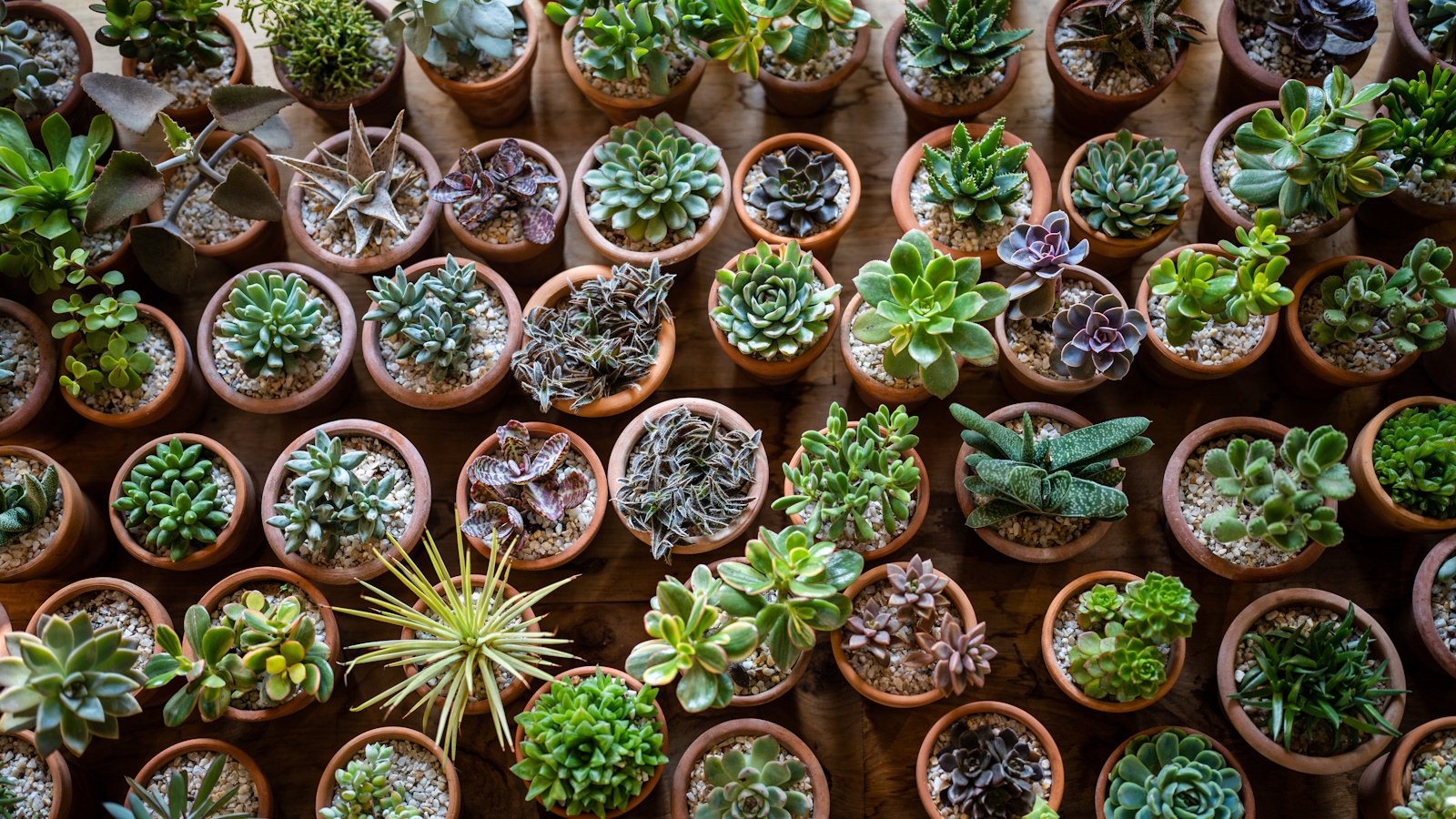
Houseplants do so much for a home: adding character, a breath of nature, and an injection of calm. Even if you live in a one-bed city apartment, there's most likely still somewhere for a tiny plant to go.
The best indoor plants don't have to be large. In fact, many people prefer small indoor plants ones as they're easier to incorporate into a space of any size. This also makes them a great gift, as you know whoever receives one will have room for it somewhere in their home.
To help you learn about the world of tiny plants, we talked to indoor plant experts to see what greenery they would personally pick for a small space, as well as why, and the plant's ideal conditions for growth.
1. Hoya Kerrii
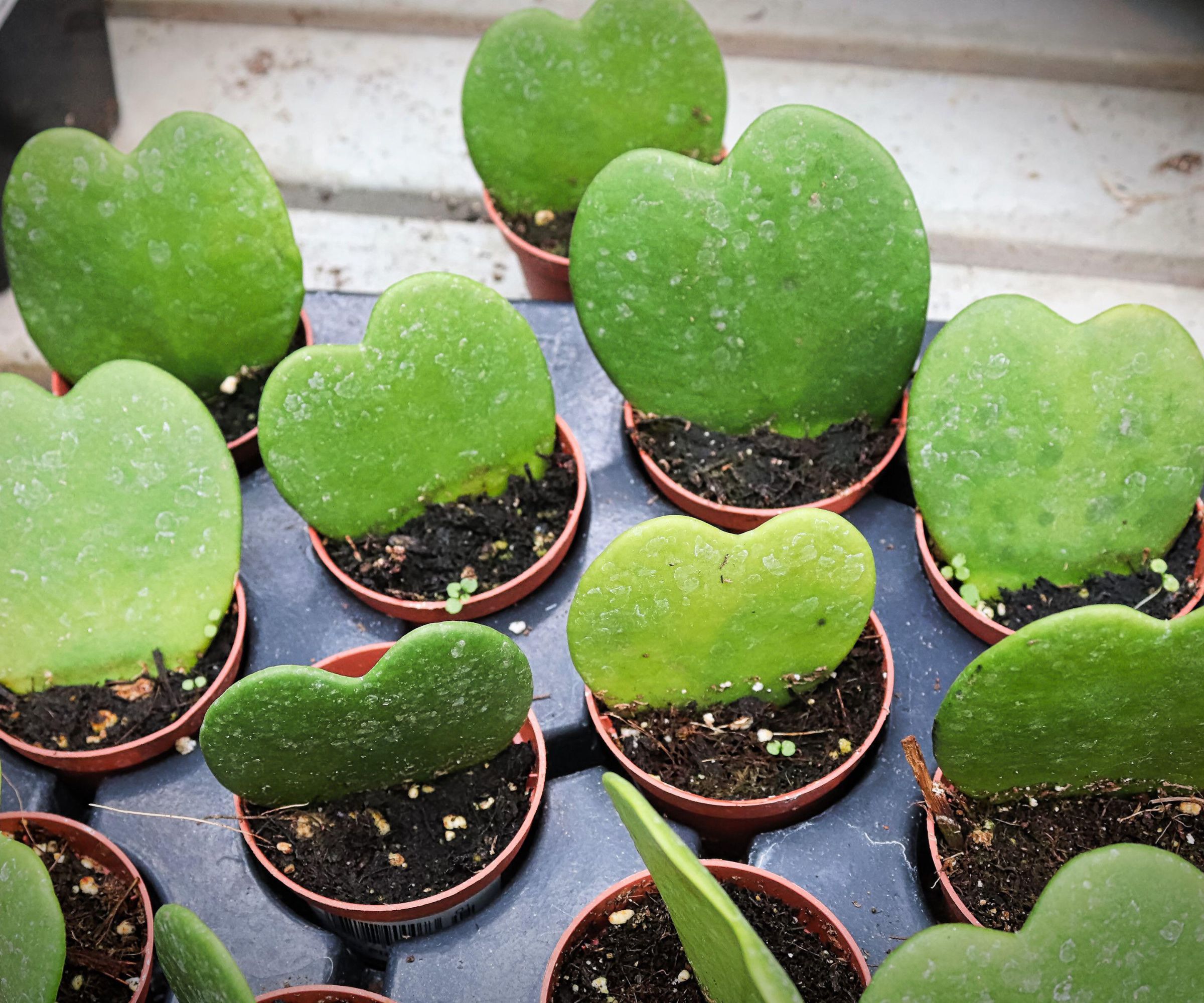
Also known as the sweetheart succulents, hoya kerri are an indoor tropical succulent in the shape of a heart that stand at three or four inches tall. Being low maintenance as well as aesthetically charming, they're ideal to insert into the smallest of spaces or to give as a thoughtful gift.
'Hoya kerri are thought to be a symbol of love and affection, making them a perfect gift for loved ones on special occasions,' says Ofra Gaito, CEO of plant company, Verdant Lyfe.
A sweetheart succulent will thrive in sunlight that isn't direct, so it's recommended to sit them on a windowsill or under a grow light. We like the GooingTop LED grow light from Amazon as it will clip to any surface top and not take up too much space in someone's home.
This bundle includes a traditional hoya kerrii plant as well as a color variation.
The perfect gift for a couple or for someone who doesn't want their hoya heart to live alone.
2. Haworthia Truncata
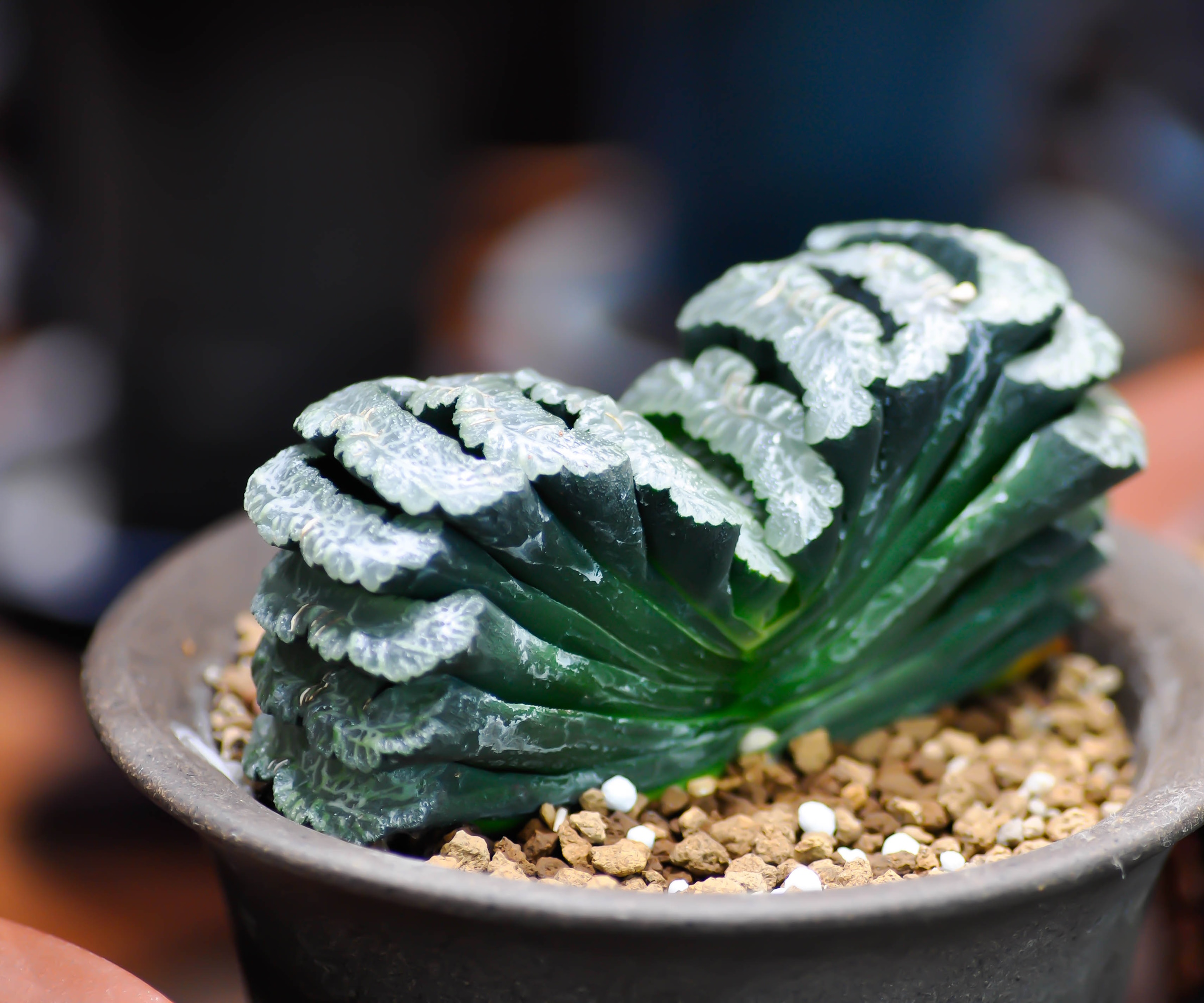
Haworthia truncata is a visually unique plant that looks like it's made up of lime green fruit segments. Small in size and tolerant of lower levels of light, this plant could live in even the dullest lit apartment corner, making it one of the best types of succulent for beginners.
Al Klein of Botanical Wonders says, 'As far as succulents go, haworthia make great indoor plants. They will tolerate lower light when compared to other succulents, although a decent level of light is still recommended.'
If your small apartment has no windows, this plant would cope easily with the climate, though to boost its health a little grow light is recommended. It's important to note that a haworthia plant will go dormant in the winter, meaning you need only water every other month.
'Only water your haworthia when it feels completely dry,' says Al. 'In the winter when the plant goes dormant, you can water less. The plant will still be fine, it's just resting.'
3. Peperomia Hope 'Trailing Jade' Plant
A Peperomia Hope 'trailing jade' plant only requires a small pot to live in but will produce beautiful trailing leaves if handled with the correct care. Its size makes it ideal to place on any shelf space, and the elegance of its structure serves for a stunning gift.
'A peperomia hope will grow nicely and trail healthily if you place it on a table near a window or on a well-lit shelf space,' says Ofra. 'It requires once-a-week watering and will grow beautifully with minimal care.'
Target's 24" floating wood shelf is streamlined and would be a practical addition for a home lacking shelf space where a trailing houseplant could sit.
This plant will trail downwards as it grows, creating beautiful spirals of leaves.
4. Pothos
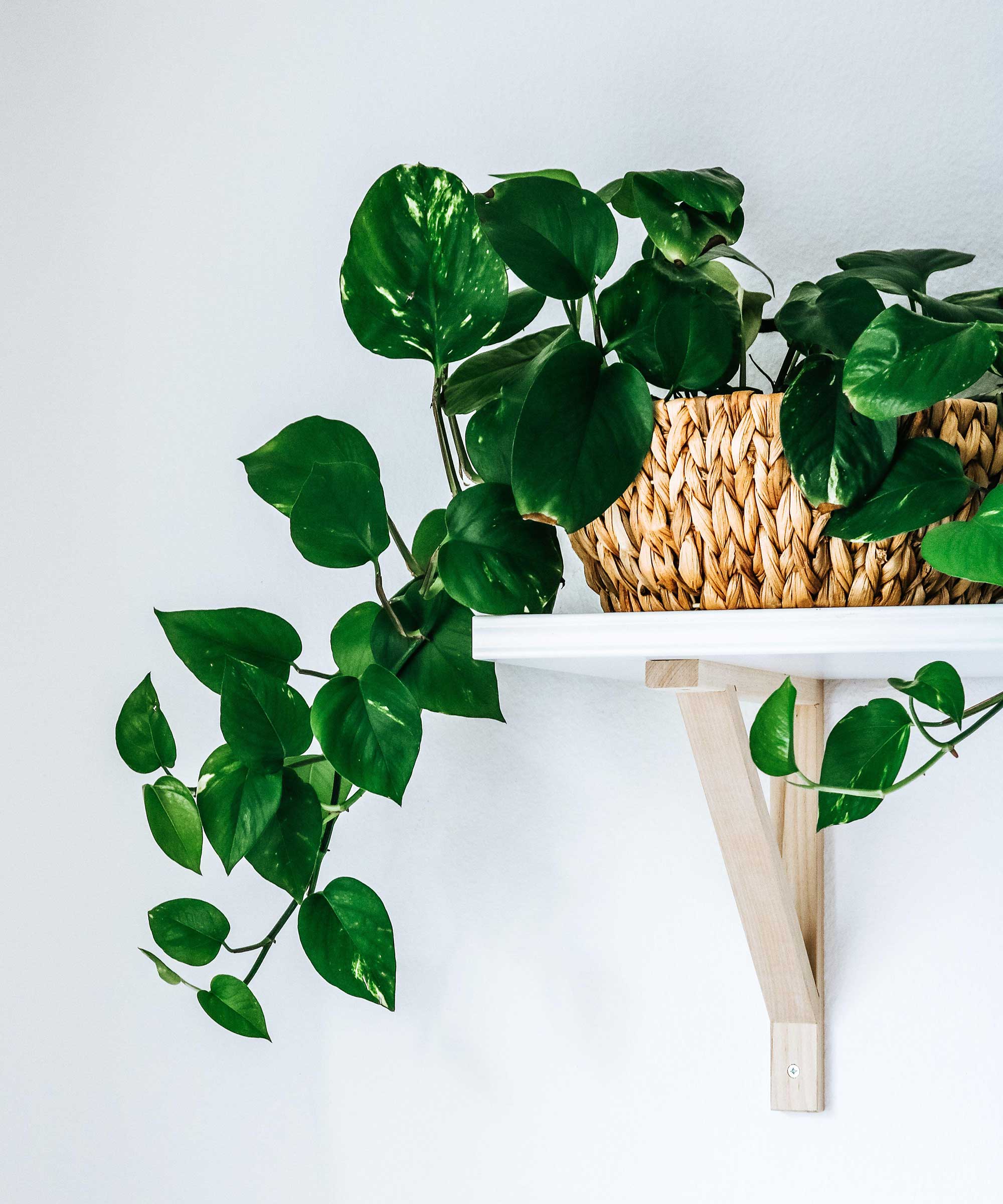
Pothos plants come in many varieties and colors from shades of green to yellow-gold. Similarly to a peperomia, pothos only require a small pot to live in and over time they will produce a gorgeous trail of small leaves.
Patrick Coleman, founder and CEO of PlantInTheBox.com, recommends pothos plants for small spaces as they don't need a shelf or surface space to live happily.
'Pothos plants are ideal for small spaces, or as a gift for someone looking to add a plant into a small space, because they add a lush trailing touch to any elevated space,' says Patrick. 'They work beautifully trailing from shelves or high cabinets, but also hanging baskets in a ceiling.'
The host hanging planter from The Sill will make the leaves on your pothos plant pop, as it's minimalistic in design. Though The Sill also sell a golden pothos hanging basket designed specifically for this plant.
Golden pothos leave's incorporate an appealing blends of color among their green leaves.
A variety of pothos certain to bring something vibrant. You can add a bold planter too if you wish to make the plant stand out even more.
5. Portulacaria Afra
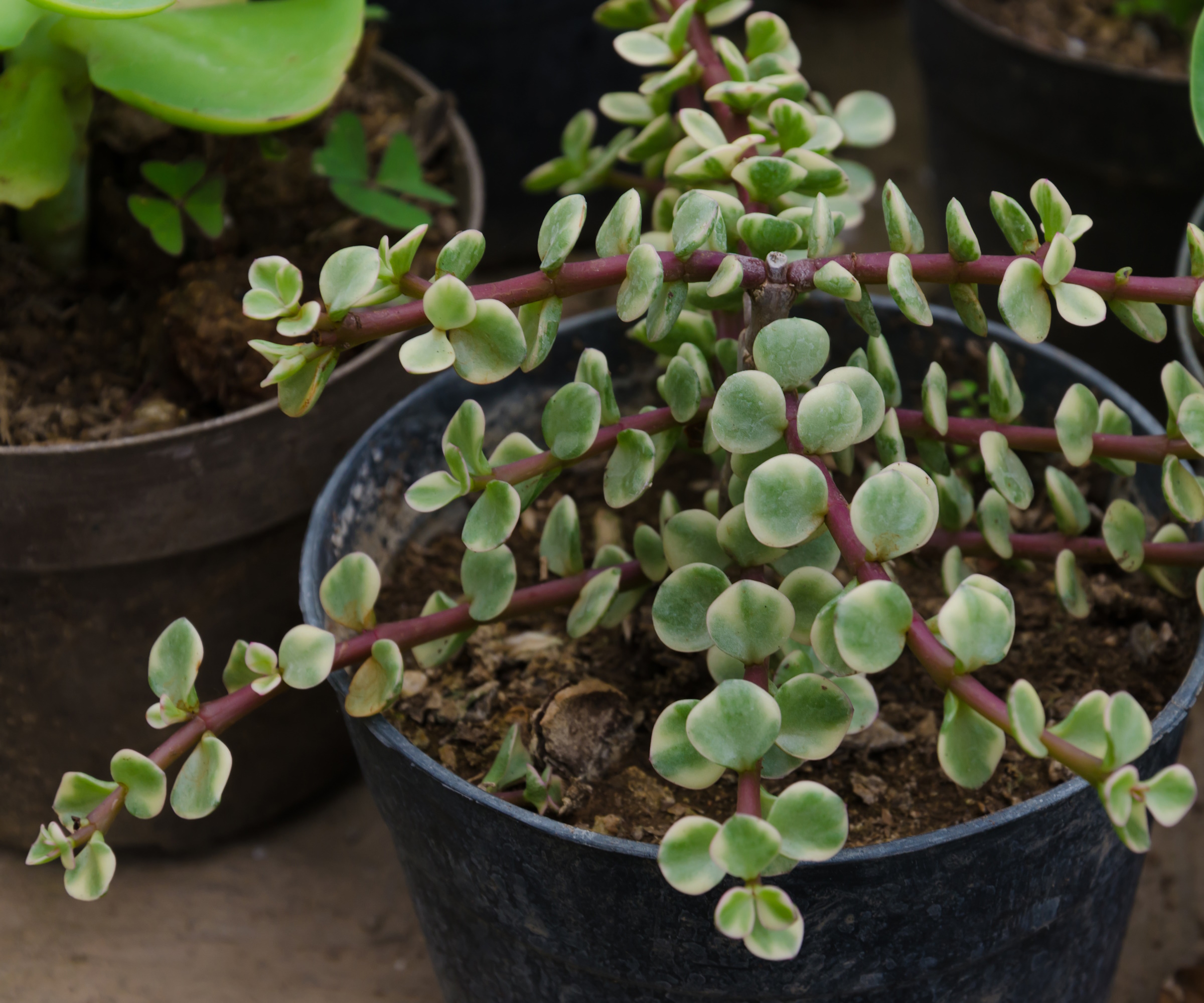
A domestic cork bark, also know as an elephant bush or portulacaria afra, is the perfect addition to a small space for many reasons. It provides all the appeal of owning a miniature tree minus as much care because it's actually a drought-tolerant succulent.
'This domestic variety of cork bark is excellent for small containers and easy to grow, only requiring a light watering when the soil feels dry,' says Al.
6. Pilea Peperomioides
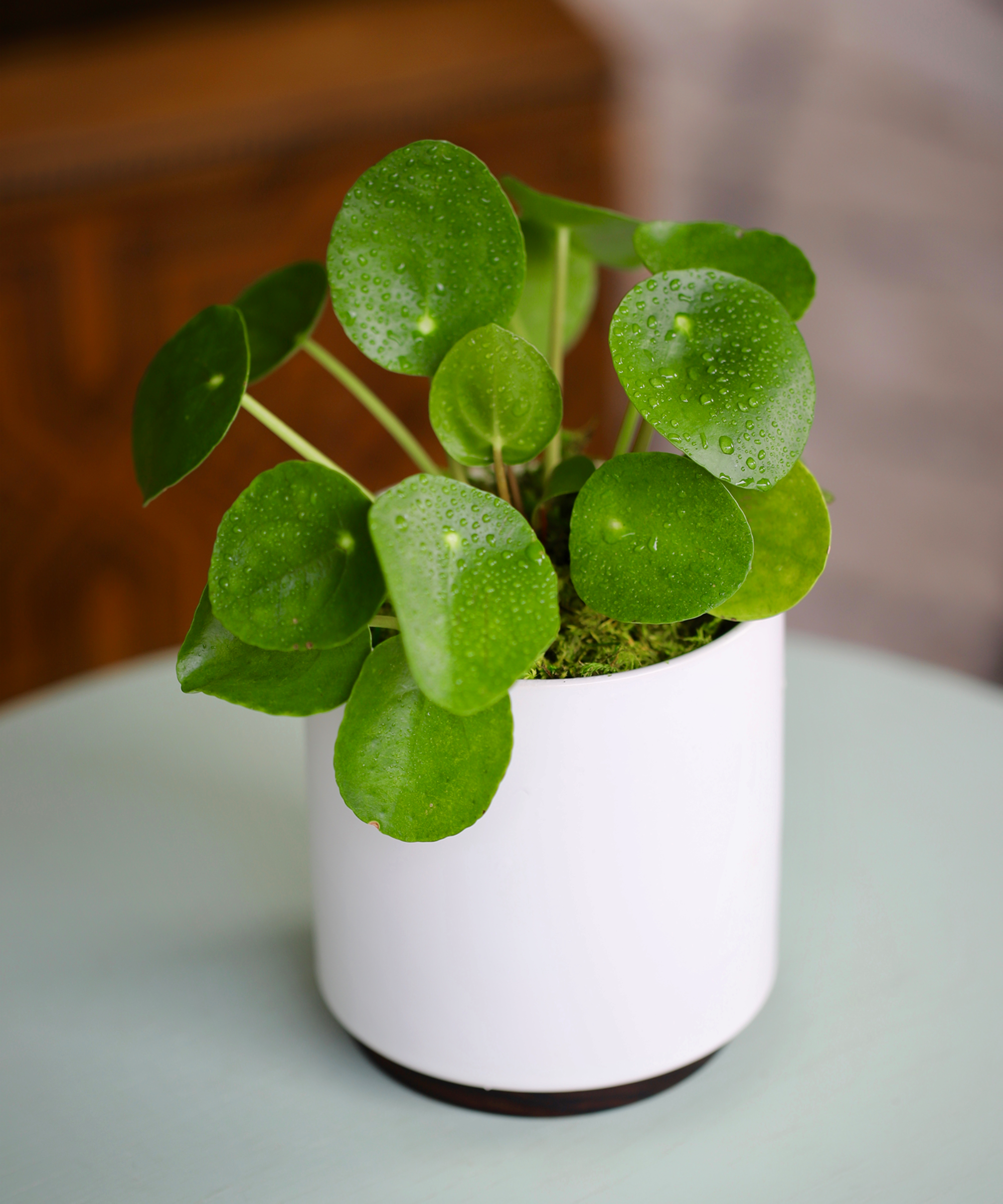
Pilea peperomioides, or Chinese money plants, are a very popular gift, and for good reason. Sometimes known as the friendship plant, its playful leaves have the ability to bring joy or elevate the look of a small space. They can grow quite large, so keeping yours to a smaller pot will limit its growth.
Nicolas Bartoli, chief plant stylist and CEO of Léon & George, says, 'The coin-shaped leaves on a pilea plant makes it a great gift. It propagates easily, and earned the nickname friendship plant as many plant aficionados like to take cuttings of their pilea and pass them onto friends.'
A pilea plant requires bright, indirect light to thrive, and watering when the top inch of its soil has begun to go dry.
If you're unable to sit your plants on a windowsill or indoor plant shelf to make the most out of natural lighting, and clipping a grow light to anything around the plant also appears as an impossibility, we recommend opting for the SANSI grow light pot clip from Amazon. It has four light settings, a timer that will automatically shut off it you need it to, and it will fix directly onto your plant's pot, taking up as little extra space as possible in your home.
7. Dracaena Compacta
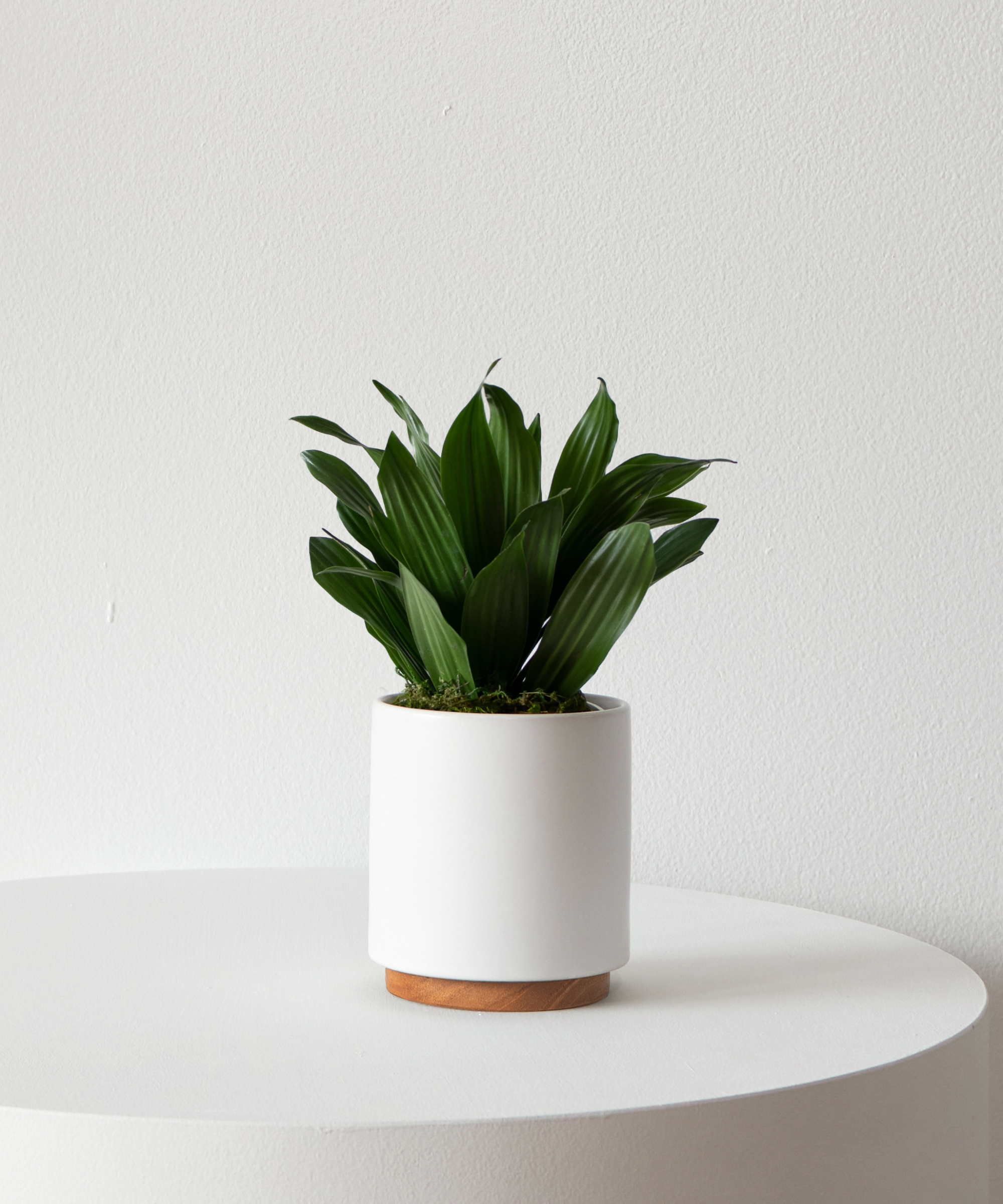
With 'compact' in the name, a dracaena compacta (also known as the janet craig compacta) is a safe choice for those truly lacking any spare space to start a plant family.
'As its name implies, we often recommend the cute deep green tuft of the dracaena compacta for smaller spaces,' says Nicolas. 'This mini plant is a slow-grower, meaning it won’t require more space or repotting very often.'
Tolerating medium light and most temperatures, so long as it isn't constantly in direct light or by a draft, owning this compact houseplant isn't a difficulty for many. Although, if you want your dracaena compacta to be the healthiest possible, placing it on a pebble tray for increased humidity and using a well-draining potting mix will help.
To create a pebble tray all you need is some small pebbles, such as the succulent and cactus jade pebbles from Amazon and a small tray like the Chaoliuy pebble tray from Walmart.
Add some water to your pebble-filled tray and then sit your plant's pot on top of it for a humidity boost minus the fear of submerging your plant's base in too much water. Note this will only work if your plant was potted up in a pot with drainage holes.
This compact dracaena would sit beautifully in the corner of a small apartment.
8. Flaming Katy Kalanchoe
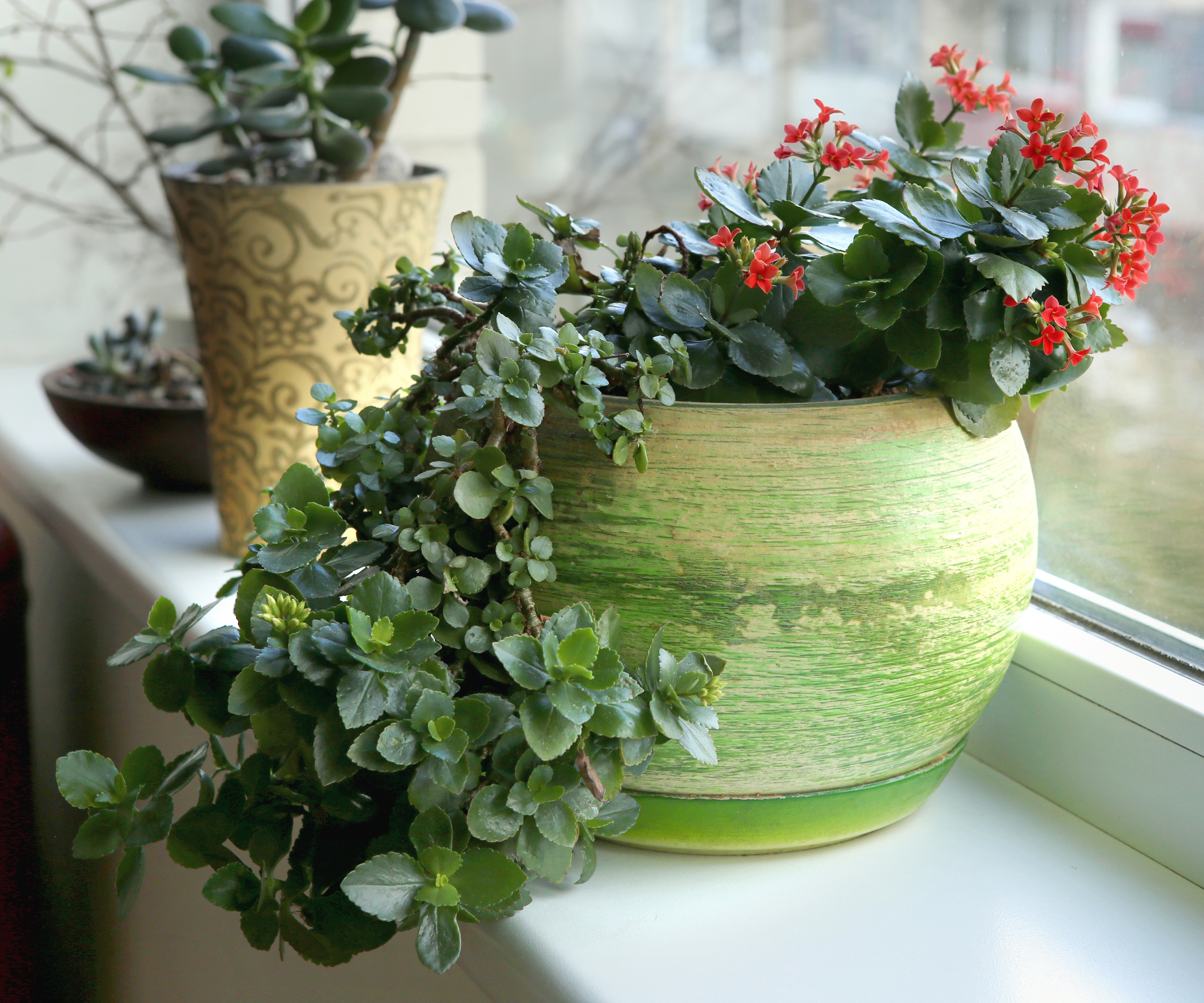
Kalanchoe plants are a cheerful indoor companion, destined to brighten up any part of the even the smallest room with an abundance of colorful flowers. Plus, they don't require intense maintenance.
Calvin Li of PAFE Plants says, 'The kalanchoe is ok with almost any lighting, from full sun to partial shade—but plenty of bright indirect light is best for encouraging it to bloom. With good care, this plant can bloom all year around as well.'
It's recommended to water your kalanchoe plant every three to four weeks, sticking to the longer duration between watering during winter months.
'At full maturity, a Flaming Katy Kalanchoe plant rarely goes past 6” or 12” in each direction,' says Calvin. 'But other kalanchoes are bigger. Stay away from velvet-leaf kalanchoe if you're working with a small space as it grows up to 6 feet tall.'
Now you know what plants are best to give as gifts or to fill even the tiniest of spaces, it's a great time to learn how to display them. Many tiny plants look amazing if you know how to hang them from the ceiling.







